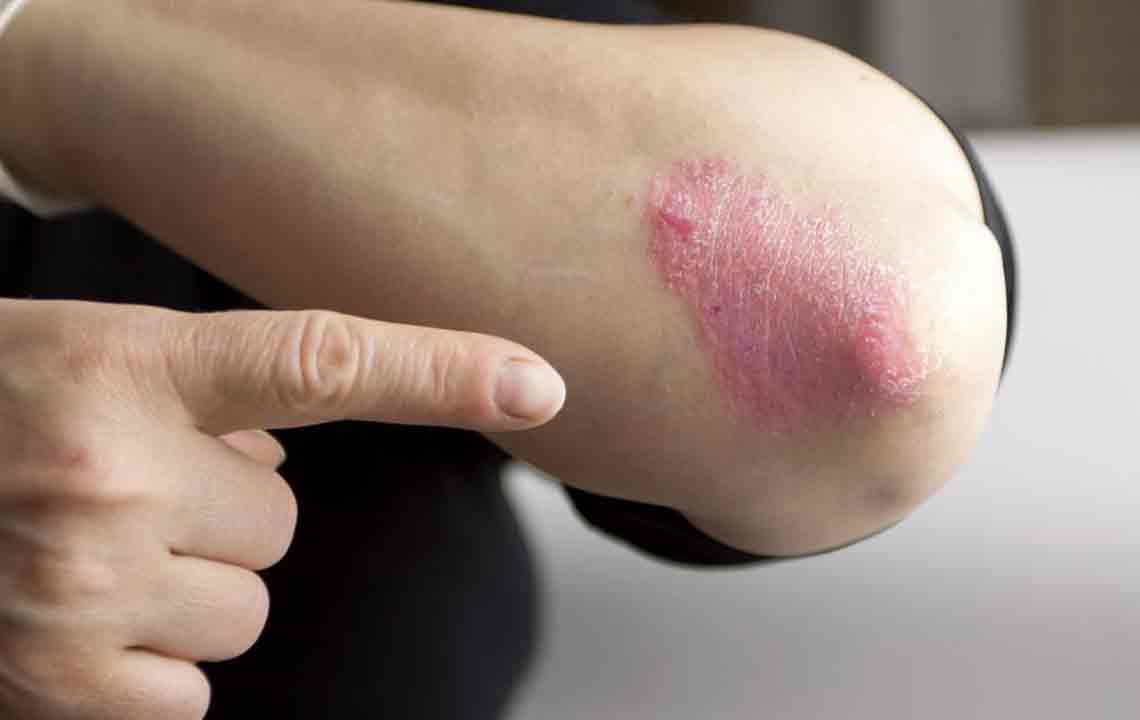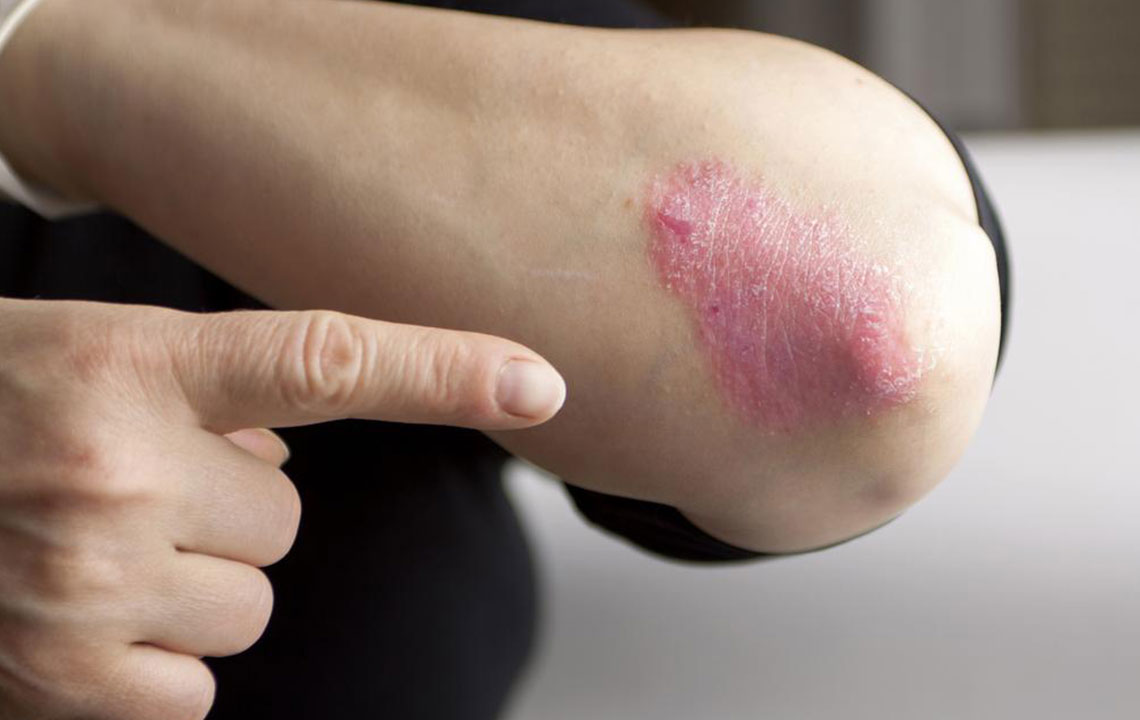Comprehensive Guide to Managing Psoriasis Effectively
This comprehensive article explores effective strategies for managing psoriasis, including traditional therapies, targeted immunological treatments, light therapy, emerging options, and natural remedies. It offers valuable insights into how patients can achieve better symptom control and improve their quality of life through modern and holistic approaches.

Comprehensive Strategies for Effectively Managing Psoriasis Symptoms
Psoriasis is a chronic, immune-mediated skin disorder that affects millions worldwide. Characterized by rapid proliferation of skin cells, it leads to thick, scaly patches accompanied by inflammation, redness, and itching. While it is a non-contagious condition, its persistent nature can significantly diminish quality of life, making effective management essential. If left untreated or poorly controlled, psoriasis can result in serious complications such as psoriatic arthritis, cardiovascular issues, and metabolic syndromes. Fortunately, a variety of advanced treatment options are available today that help control symptoms, reduce flare-ups, and improve overall skin health.
This comprehensive guide explores the most effective strategies for managing psoriasis, from traditional therapies to cutting-edge innovations in immunology. Whether you are newly diagnosed or managing long-term symptoms, understanding your options can empower you to make informed decisions with your healthcare provider.
Recent advances in immunological research have revolutionized psoriasis treatment, leading to targeted therapies that provide better symptom control with fewer side effects. Here, we delve into the most effective methods currently available and emerging treatments promising new hope for individuals with psoriasis.
Traditional Therapies
Initially, many patients rely on traditional treatment options to manage their symptoms. These include topical corticosteroids, vitamin D analogs, coal tar, and moisturizers. While these can be effective in controlling mild to moderate psoriasis, they often need to be used consistently and may lose effectiveness over time. It is crucial to follow your healthcare provider’s instructions and monitor skin responses to minimize adverse effects such as skin thinning or irritation.
Systemic Medications
For moderate to severe psoriasis, systemic medications are prescribed. These include:
Methotrexate: An immunosuppressant that reduces skin cell turnover and inflammation. Regular blood tests are necessary to monitor liver function and blood cell counts.
Oral Retinoids: Such as acitretin, which normalize skin cell growth but require careful monitoring due to potential side effects like liver toxicity and mucocutaneous dryness.
Ciclosporin: An immunosuppressive agent effective in rapid symptom relief but typically used for short durations to reduce risks of kidney damage and hypertension.
While effective, these drugs are associated with potential side effects, requiring regular medical supervision and blood work.
Immunologically Targeted Therapies
Advancements in immunology have paved the way for highly targeted biological therapies, particularly for severe psoriasis cases. These drugs specifically inhibit immune system components involved in the disease process, offering improved efficacy and fewer side effects compared to traditional medications.
Anti-TNF Therapy:
One of the most significant breakthroughs has been the development of anti-TNF (tumor necrosis factor-alpha) agents. TNF-alpha is a cytokine involved in inflammation and immune response regulation, often found at elevated levels in psoriasis patients. These drugs work by binding to TNF-alpha, blocking its activity, and thereby reducing skin inflammation and plaque formation. The primary anti-TNF medications include:
Etanercept: This fusion protein acts by capturing soluble TNF-alpha, preventing it from binding to its receptors. Typically administered via subcutaneous injection twice weekly, it has shown remarkable success in clearing plaques and reducing redness.
Adalimumab: A monoclonal antibody targeting TNF-alpha, administered as a bi-weekly injection. Adalimumab has demonstrated rapid symptom relief and sustained long-term control.
Certolizumab Pegol: Currently in phase II trials, it offers another promising option with a similar mechanism of action and potential for improved tolerability.
Biologics like these have transformed psoriasis management, especially for patients unresponsive to traditional therapies.
T-Cell Modulation:
Targeting T-cells, which play a central role in psoriasis inflammation, is another innovative approach. Alefacept, a fusion protein drug, inhibits T-cell activation and proliferation, thereby suppressing inflammatory pathways. Such therapies can significantly reduce skin lesions and improve patients’ quality of life.
Phototherapy and Light-Based Treatments
Phototherapy remains a cornerstone of psoriasis treatment, especially for widespread or stubborn plaques. It involves exposing affected skin to controlled amounts of ultraviolet (UV) light, which helps slow down skin cell growth and reduce inflammation. There are different types:
UVB Phototherapy: Narrowband UVB is the most common form, administered in clinics or at home with specialized units. It is safer and more effective than broad-spectrum UVB or UVA alone.
Puva Therapy (Psoralen + UVA): This involves taking a photosensitizing agent (psoralen) before UVA exposure. PUVA is particularly effective for thick plaques, palmoplantar psoriasis, or scalp involvement. However, it requires careful monitoring due to increased skin cancer risk.
While phototherapy is effective, it must be administered under medical supervision to minimize risks and optimize benefits.
Emerging and Novel Treatments
Research into new therapeutic targets continues, offering hope for even more effective management strategies. Notably:
Nerve Growth Factor Blockade: Stress-related neuropeptides influence keratinocyte growth. CT327, a topical nerve growth factor receptor blocker, aims to reduce nerve-related inflammation, presenting an innovative option.
Biologics in Development: Next-generation biologics targeting other cytokines, such as IL-17 and IL-23, provide promising results with improved safety profiles. Agents like secukinumab and guselkumab are among the most anticipated options.
These advances reflect the ongoing commitment in dermatology to provide personalized, effective treatments for psoriasis patients of all severity levels.
Natural and Herbal Remedies
Many individuals prefer integrating natural remedies into their treatment plans. Although scientific evidence varies, some herbal approaches can complement medical treatments:
Apple Cider Vinegar: Diluted apple cider vinegar can be applied to the scalp to alleviate itching. Use cautiously, avoiding cracked or open skin, and consult your doctor if irritation persists.
Aloe Vera Gel: Applying pure aloe vera thrice daily can reduce redness, scaling, and inflammation. It’s a natural anti-inflammatory agent that soothes irritated skin.
Dead Sea Salts: Bathing with Dead Sea salts helps soften scales, relieve itching, and improve skin hydration. Always follow with a moisturizer to lock in hydration.
Capsaicin: Extracted from chili peppers, capsaicin in topical creams can decrease nerve signals that trigger itching and pain. Use with caution, as some users may experience a burning sensation.
Tea Tree Oil: Known for antiseptic properties, tea tree oil can help with scalp psoriasis. Conduct a patch test first to prevent allergic reactions.
Remember, always consult your healthcare professional before trying herbal or alternative remedies, especially if you have pre-existing health conditions.





